“So often, we hear that girls in science need more role models and inspiration. We’re asked, ‘Where are the women in science?’, as if we’re not already here.”
Dr. Maryam Zaringhalam and Dr. Jess Wade, Nature
Only 18% of Wikipedia’s biographies are of women. Wiki Education aims to bring more diverse voices and content to Wikipedia, helping the encyclopedia truly represent human history and knowledge. Help us increase the visibility of women in STEM and inspire the next generation of women scientists. Join us in writing biographies of women scientists in celebration of Women’s History Month. Our training group will meet once per week via Zoom to learn how to add to Wikipedia, March 29th–May 7th.
[maxbutton id=”13″ text=”APPLY TO PARTICIPATE” url=”https://www.tfaforms.com/4727686?course=a0f2L00000ImGA6″ linktitle=”tooltip” window=”new” nofollow=”true”]
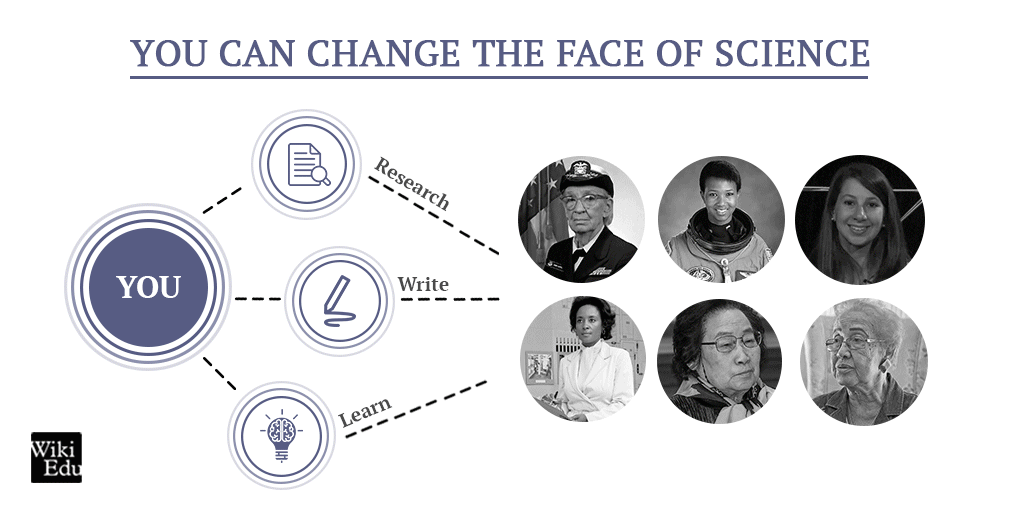
Why Wikipedia biographies?
A Wikipedia biography recognizes a scientist’s scientific contributions in real time (rather than a textbook decades later!). It surfaces her expertise for journalists seeking sources for articles about her field. It humanizes her beyond her CV or university profile. And it shows girls interested in STEM what career paths are possible for them. So what happens if a woman scientist doesn’t have one?
Only 18% of Wikipedia biographies are about women. In 2012, Jennifer Doudna helped make one of the most remarkable breakthroughs in biology — the CRISPR/Cas9 gene editing system, which changed editing genomes from science fiction to science. While Doudna’s Wikipedia biography looked substantial, a lot of her research was missing or paired with the work of her male colleagues. In 2018, one Wiki Scholar transformed the page so that it emphasized Doudna’s scientific achievements.
Then, on October 7, 2020, Jennifer Doudna was awarded the Nobel Prize for her work on CRISPR. Thanks to the scholar’s additions, the article explains the revolutionary potential of CRISPR and the role Doudna played in this research. Had she not added this content, millions of readers who came to Doudna’s Wikipedia biography to learn why she was awarded the Nobel Prize might have left with more questions than answers. This work reminds the public of women’s scientific contributions, inspiring new generations to pursue careers in science. When you add a woman scientist’s accomplishments to Wikipedia, you just may inform millions of future readers about the research that earns her the Nobel Prize.
Join the movement!
Let’s inspire the next generations of women in STEM by documenting the career paths that are possible for them. Our writing group brings together Wikipedia experts, detailed training, and hands-on guidance, helping scientists and scholars join the online community of Wikipedians and network with other scientists across institutions and disciplines.
“We do have the power to help more people see themselves in science – and on Wikipedia. We don’t have to wait for the next woman to win a Nobel Prize to share her achievements with the world.”
Dr. Jess Wade and Dr. Maryam Zaringhalam, Independent
Details
- Course dates: March 29 – May 7 (6 weeks). Meeting time will be determined by applicant availability.
- Application deadline: March 15, 2021
- Time commitment per week: One 1-hour meetings per week; 2 additional hours of independent work.
- Goal: Create or improve at least one biography of a woman in STEM
Cost
Participants are encouraged to seek sponsorship from an employer or other organization with whom you are affiliated to cover the cost of enrollment. With a sufficient number of sponsored enrollees, we may have availability for reduced cost seats for qualified applicants. If you do not have an institution who can sponsor your participation, please note that in your application.
- Individual rate: $800
- Enroll with one or more people for our group discounted rate of $700 each
- Participants will receive a shareable, electronic certificate-of-completion issued by Wiki Education upon course completion
[maxbutton id=”13″ text=”APPLY TO PARTICIPATE” url=”https://www.tfaforms.com/4727686?course=a0f2L00000ImGA6″ linktitle=”tooltip” window=”new” nofollow=”true”]
Read more…
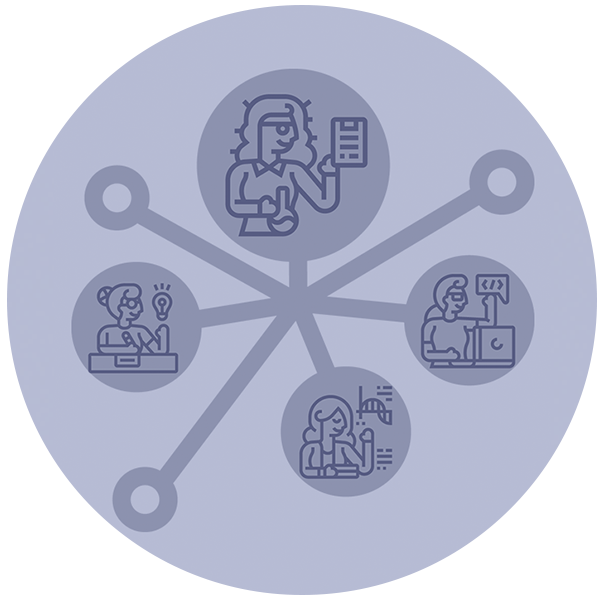 “If we can inspire enough editors to take to Wikipedia and fill in the gaps forged by gender bias, we will improve our scientific record, celebrate the outstanding science done by scientists from underrepresented groups and, maybe, inspire a new generation of girls in science who can find stories of girls just like them who grew up to do discover incredible things.” – Dr. Maryam Zaringhalam and Jess Wade, Independent.
“If we can inspire enough editors to take to Wikipedia and fill in the gaps forged by gender bias, we will improve our scientific record, celebrate the outstanding science done by scientists from underrepresented groups and, maybe, inspire a new generation of girls in science who can find stories of girls just like them who grew up to do discover incredible things.” – Dr. Maryam Zaringhalam and Jess Wade, Independent.
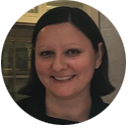
“I was excited to try my hand at editing articles that I felt could have an impact in the community by elevating voices of People of Color in science. I chose to edit articles on Shirley Malcom, Melina Abdullah and Lori White, which taught me a lot.” Read more…
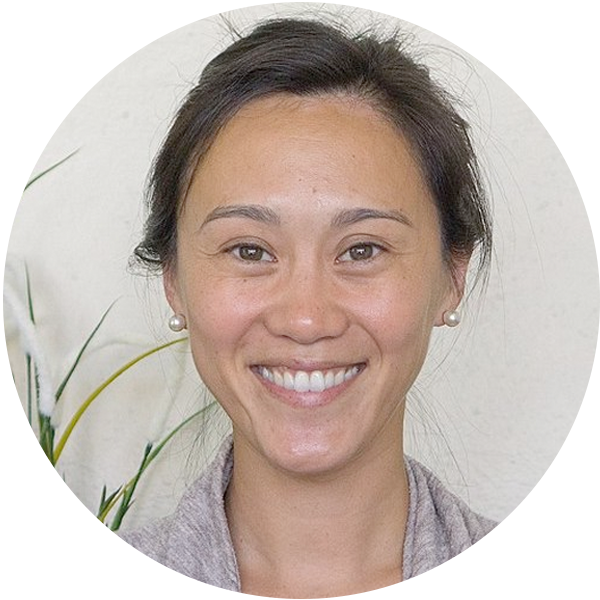
“During my first week of Wiki Education’s course, I learned two astonishing facts that I would repeat nearly every time I told someone about my participation in this program: roughly 80-85% of Wikipedia editors are white males and only about 17% of Wikipedia biographies feature women. I immediately knew I would focus on biographies of female mathematicians.” – Samantha Kao, graduate student. Read more…
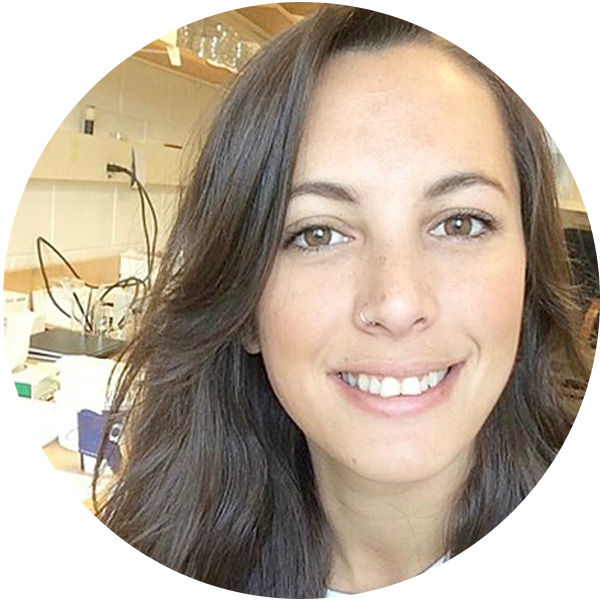
“It was incredibly satisfying to help create a page for someone I so respected.” – Chelsea Sutcliffe, post-doctoral research fellow in earth sciences. Read more…
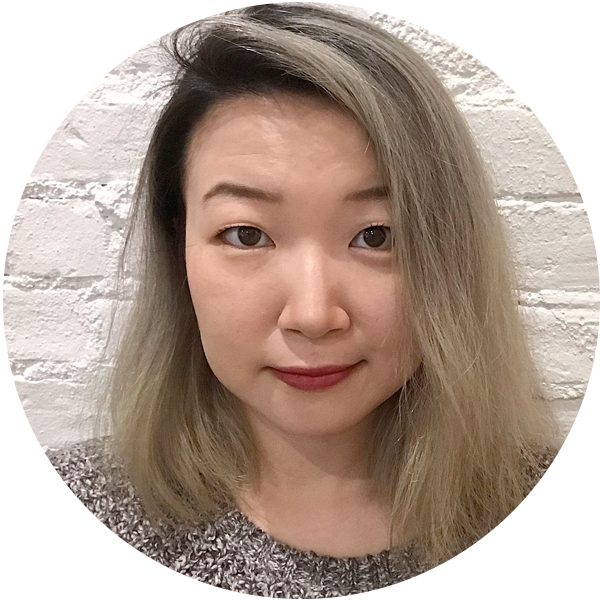
“How can I act as a counterbalancing force, I often wondered, while working as a full-time chemistry graduate student? Editing the articles on Wikipedia – the fifth most visited website in the world – to improve the visibility of women scientists and their work sounded like the perfect opportunity for me. It also didn’t hurt that all the work could be done remotely via the web; I didn’t have to leave my graduate school work behind.” – Karen Kwon, graduate student in chemistry. Read more…
Contact us
If you’re interested in buying out a similar, customized virtual course for members of your institution, contact Director of Partnerships Jami Mathewson at jami@wikiedu.org.
Please fill out the form below to receive updates on future course opportunities. Direct any questions here or to jami@wikiedu.org.
[contact-form to=”jami@wikiedu.org” subject=”500 Women Wiki Scientists landing page contact form”][contact-field label=”Name” type=”name” required=”1″][contact-field label=”Email” type=”email” required=”1″][contact-field label=”Message” type=”textarea”][/contact-form]